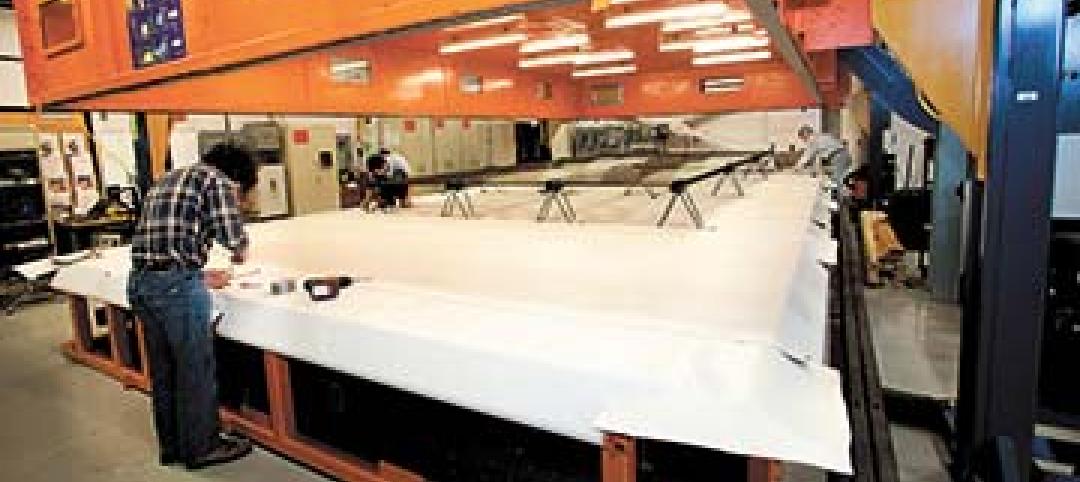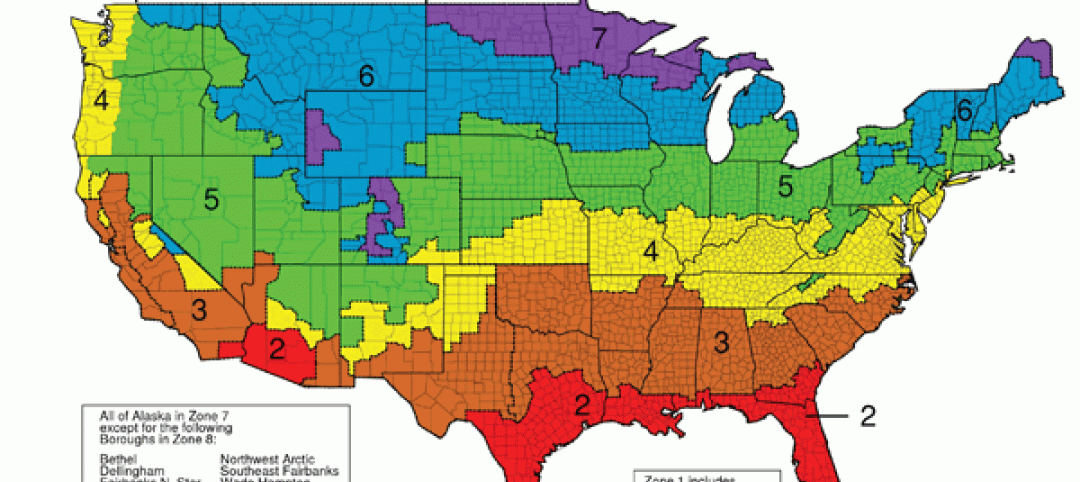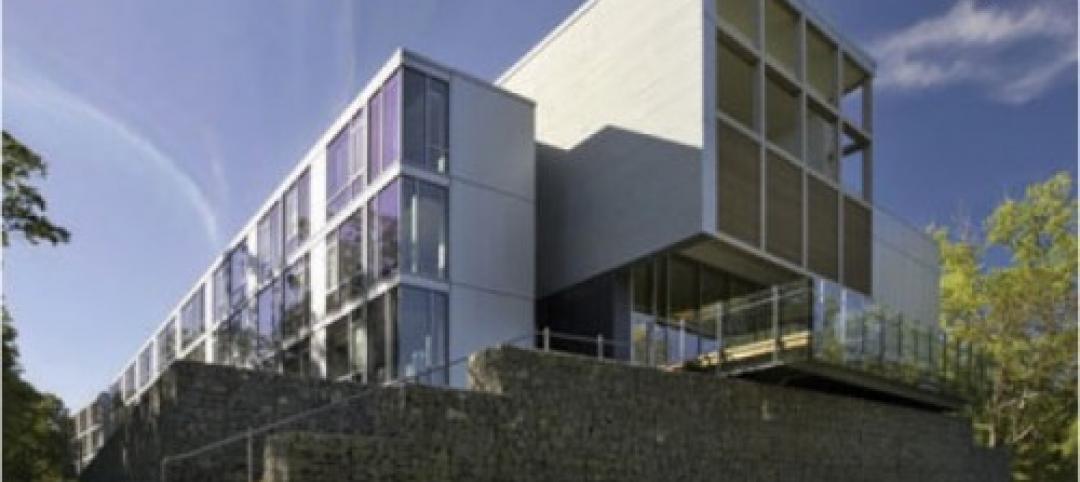An agreement for a land transfer from the City of Detroit to Ilitch Holdings Inc., that enabled construction of a new arena for the Detroit Red Wings requires that 51% of the project’s construction workers must come from the city. That stipulation is creating a challenge for Ilitch, the owner of the Red Wings, due to a shortage of skilled tradespeople who live in the city.
Construction firms that fall short of the hiring goal can still work on the project, but must pay a fee or offer free training and provide instructors and equipment. Many construction workers move out of the city after they acquire skills to earn a better wage. Detroit’s mayor is considering offering low-interest loans on city-owned houses to try to retain construction workers.
The arena construction will create an estimated 5,500 jobs with nearly 2,800 of those workers needing to come from Detroit. The project could become a training ground for tradespeople who will be needed on other major projects in the area including blight removal, the M-1 rail project, and the planned New International Trade Crossing bridge that will span the river between Detroit and Windsor, Ontario.
Even if the local hiring requirement weren’t in effect, the arena project would be hard pressed to find enough laborers, carpenters, electricians, pipe fitters and other trades, with the region experiencing a labor shortage due to an aging workforce.
(http://win-semich.org/challenges-loom-to-fill-2800-construction-jobs-in-detroit/)
Related Stories
| Jan 23, 2014
About 1,500 concrete buildings in Los Angeles found vulnerable to earthquakes
Some 1,500 concrete structures built in Los Angeles before 1980 could be vulnerable to earthquakes, according to University of California researchers.
| Jan 23, 2014
Low-slope roofs with PVs tested for wind uplift resistance
Tests showed winds can cause photovoltaic panels to destroy waterproof membranes.
| Jan 16, 2014
Bio-based materials could transform the future of sustainable building
Recent winners of the Cradle to Cradle Product Innovation Challenge include a brick made from bacterial byproducts and insulation created from agricultural waste products.
| Jan 16, 2014
The incandescent light bulb is not dead
Despite misleading media reports, January 1 did not mark a ban on the manufacture or import of 60-watt and 40-watt incandescent bulbs.
| Jan 16, 2014
ASHRAE revised climatic data for building design standards
ASHRAE Standard 169, Climatic Data for Building Design Standards, now includes climatic data for 5,564 locations throughout the world.
| Jan 15, 2014
ConsensusDocs releases updated subcontract for federal work
The new version addresses recent changes in federal contracting.
| Jan 15, 2014
First quarter 2014 LEED rating system addenda now available
There are 71 new LEED Interpretations, including 65 for Homes and Multifamily Midrise.
| Jan 10, 2014
What the states should do to prevent more school shootings
To tell the truth, I didn’t want to write about the terrible events of December 14, 2012, when 20 children and six adults were gunned down at Sandy Hook Elementary School in Newtown, Conn. I figured other media would provide ample coverage, and anything we did would look cheap or inappropriate. But two things turned me around.
| Jan 8, 2014
Strengthened sprinkler rules could aid push for mid-rise wood structures in Canada
Strengthened sprinkler regulations proposed for the 2015 National Building Code of Canada (NBCC) could help a movement to allow midrise wood structures.
| Jan 8, 2014
New materials should help boost sustainability in cities by 2020
Newer developments include windows made with nano-crystals that control intense heat penetration while lighting living areas from the outside.















